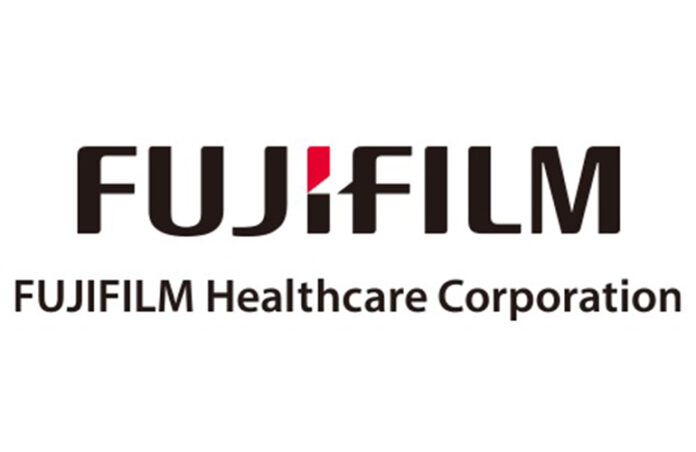CAMBRIDGE, Mass.– A Fujifilm-developed experimental cancer therapy has received orphan drug designation from the U.S. Food and Drug Administration (FDA), offering a boost to ongoing clinical efforts targeting biliary tract cancer (BTC), a rare and aggressive form of the disease.
The treatment, known as FF-10832, is a liposomal formulation of gemcitabine, a chemotherapy drug that has long been used in standard BTC regimens. Fujifilm Pharmaceuticals U.S.A., based in Cambridge, is currently testing the drug in Phase 2a trials both as a standalone treatment and in combination with the immunotherapy pembrolizumab.
The FDA’s orphan drug designation is granted to therapies targeting conditions that affect fewer than 200,000 patients in the U.S. The status provides developers with incentives including seven years of market exclusivity if the drug is approved, as well as tax credits and waived user fees.
BTC affects about 16,000 people annually in the U.S., with most diagnosed at an advanced stage when surgery is no longer an option. Existing treatments, including chemotherapy and radiation, offer limited survival benefits. Recurrence rates remain high, and five-year survival rates hover below 15%.
Early trial results presented at the 2025 American Society of Clinical Oncology (ASCO) meeting suggested that FF-10832 is generally well tolerated and showed signs of tumor suppression in advanced BTC cases. The drug’s liposomal formulation is intended to extend gemcitabine’s circulation time and improve tumor targeting.
“BTCs are rare but aggressive malignancies with limited treatment options,” said Susumu Shimoyama, president of Fujifilm Pharmaceuticals U.S.A. “This designation underscores the urgent need for new therapies and supports our continued development of FF-10832.”
The drug is manufactured by FUJIFILM Toyama Chemical, which also handles formulation and GMP-compliant production. FF-10832 joins Fujifilm’s pipeline of orphan-designated candidates, which includes treatments for cholangiocarcinoma and Merkel cell carcinoma.


